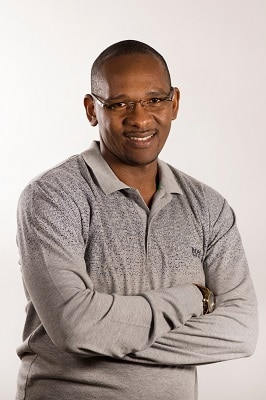Ibrahim Diallo is MSF’s country representative in Guinea. He explains what MSF did against the measles epidemic currently sweeping the country.

Guinea is experiencing a large-scale national measles epidemic. What has been done so far to contain it?
MSF just finished its ten days campaign during which 649.000 children in Conakry, age 6 months to 10 years, have been vaccinated against measles. In support to the ministry of Health, we mobilised 126 teams of 13 people scattered in 164 vaccination sites throughout the capital city, including on some small islands off the coast of Conakry.
We were first tasked to vaccinate a million children in the city, but a few days ago the national institute of statistics scaled down its population estimates for the city of Conakry to 686.000 children in this age group. Based on this new figure, we estimate having reached 94.7% of our target. This really good result still needs to be confirmed by an independent study that will start soon.
How many Guineans have been sick because of measles so far?
Since the declaration of the epidemic on 8 February, 3,906 measles cases were confirmed countrywide and 20 deaths – all the sadder that measles can easily be avoided thanks to the vaccine. In Conakry, MSF supported 30 health centres in the management of mild measles cases, as well as the Nongo hospital where the most severe cases were hospitalised. So far 5,004 children were treated and 42 children hospitalised. That was a relatively low number considering how much the epidemic had already spread. We do not know yet why that is. Our post-vaccination study will tell us how well the population is protected now, and might also tell us if a lot of cases did not consult or possibly died at home, which would mean that access to care was a problem.
Is the threat of measles fully over in the country?
Considering that there had already been a mass measles vaccination in Conakry one year ago, by now the large majority of the children in the capital should have received the full two doses of vaccines to be optimally protected. The Guinean government will soon be launching a vaccination campaign in the rest of the country (except for Nzérékoré, where the NGO ALIMA already vaccinated). However, in order to secure the future, the most important is to improve the routine vaccination program where every child should be vaccinated at a certain age in their local health centre (which is what happens in developed countries). When routine vaccination programs work well there is no need for expensive, logistically difficult to organise catch up campaigns. Fixing routine vaccination program is easier said than done. It would require strong backing from international partners, especially in Guinea where the perennially weak health system is still reeling from the devastating Ebola epidemic.












